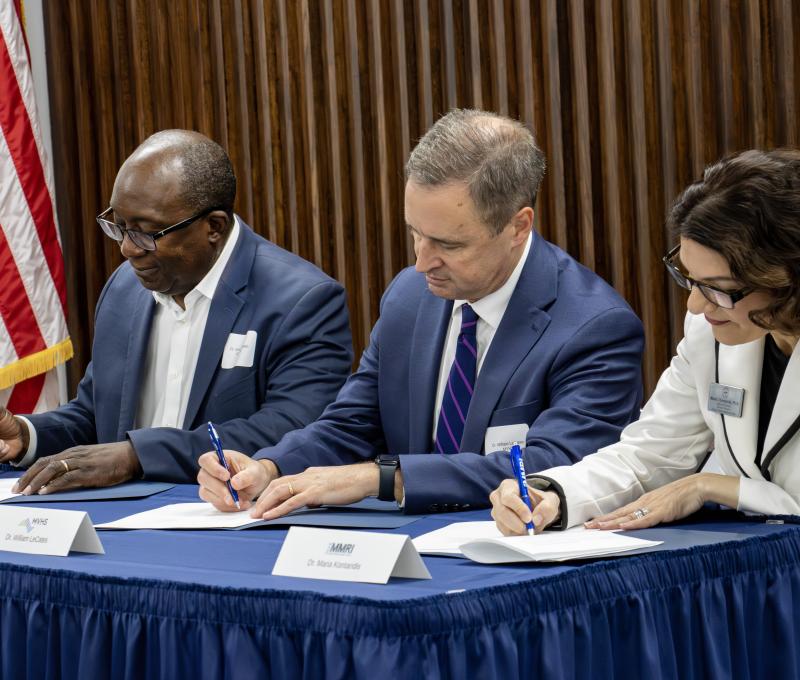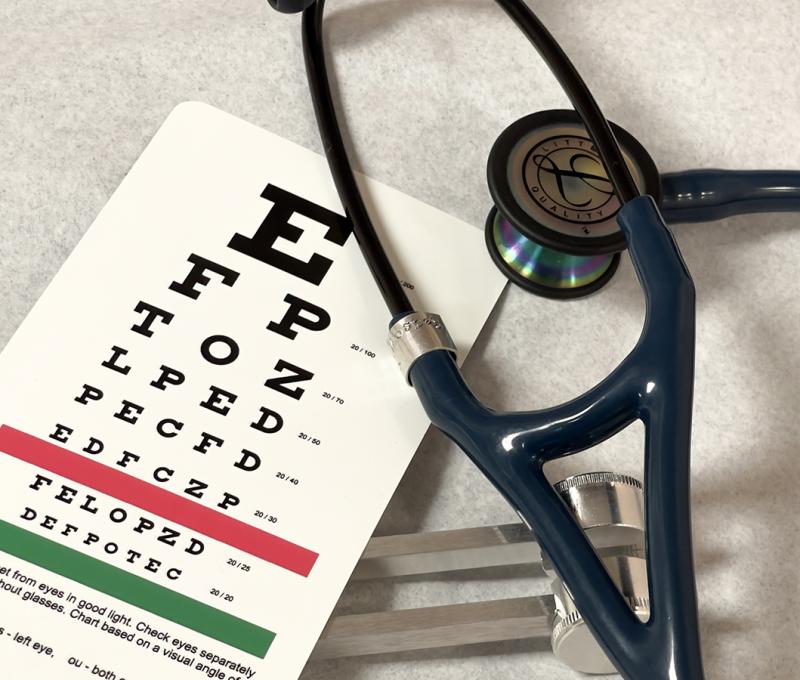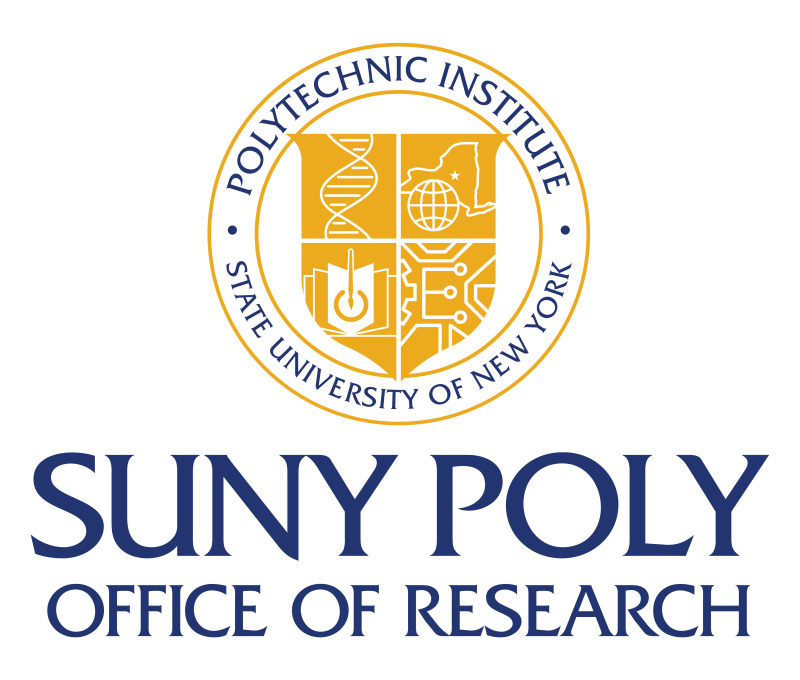News Release: SUNY Poly Professor Awarded $2,078,000 U.S. Army Research Laboratory Grant to Manufacture Ultra-High Voltage Power Electronics Chips for Next-Gen Military and Commercial Applications

For Release: Immediate – August 8, 2018
Contact: Steve Ference, Director of University Communications
(518) 956-7319 | sference@sunypoly.edu
Fabrication of the devices will use the SUNY Poly-led New York Power Electronics Manufacturing Consortium’s state-of-the-art tools and support graduate students’ research
ALBANY, NY – SUNY Polytechnic Institute (SUNY Poly) announced today that Associate Professor of Nanoengineering Dr. Woongje Sung has been selected to receive $2,078,000 in total federal funding from the U.S. Army Research Laboratory (ARL) for advancing the “MUSiC,” or the Manufacturing of Ultra-high-voltage Silicon Carbide devices. By developing higher voltages compared to traditional silicon-based devices and enabling more reliable and robust switching devices in SiC, this research will establish a leading-edge process for the creation of power electronics chips with a range of military and commercial applications, from solar energy and electric vehicles to the electrical grid, for example.
Supported by the three-year ARL grant, Dr. Sung’s research will help establish a baseline process for the MUSiC. The proposed SiC high voltage devices will be fabricated at the SUNY Poly-led New York Power Electronics Manufacturing Consortium (NY-PEMC) facility, located at the Albany NanoTech Complex and one of only two foundry service providers for 6-inch SiC device fabrications in the United States.
The power electronics-focused research will also support SUNY Poly graduate students who will gain first-hand experience optimizing the device structure, designing the process flow, and characterizing the electrical performances of the fabricated devices as they work closely with the NY-PEMC process team. More specifically, the students involved with this research will be designing and optimizing the 10-15kV metal-oxide-silicon-field-effect-transistors (MOSFETs), the switch components of the power electronics chips, using 2-D device simulations. After fabrication, the students will provide feedback to improve the device design and the process.
“I am excited to congratulate Professor Sung as he receives this funding from the ARL to further strengthen American technological competitiveness through the development of a manufacturing process for power electronics-focused chips by leveraging the cutting-edge resources of the SUNY Poly-led NY-PEMC,” said SUNY Poly Interim President Dr. Grace Wang. “This latest award showcases the importance of SUNY Poly’s faculty research and how our institution and New York State have been able to push new boundaries to power innovative, high-tech advances.”
“Dr. Sung’s research award is the latest example of the incredible expertise of SUNY Poly’s faculty, and I congratulate him. I am also proud that this award will drive hands-on research opportunities for a number of graduate students to provide them with an even stronger background in the technologies that are shaping our future,” said SUNY Poly Interim Provost Dr. Steven Schneider.
“Dr. Sung’s research has once again been recognized for its powerful potential, and I am thrilled to offer my congratulations for this latest SiC-based award that highlights the R&D and commercialization-focused excellence of members of our faculty,” said SUNY Poly Interim Dean of the College of Nanoscale Engineering and Technology Innovation and Associate Professor of Nanoengineering Dr. Michael Carpenter. “Members of our faculty conduct such impactful research using SUNY Poly’s state-of-the-art facilities and capabilities, and we are eager to continue pioneering the next generation of SiC-centered research.”
“I am proud that the ARL has recognized the power electronics research that I am conducting at SUNY Poly in collaboration with the top-tier staff and leadership of the NY-PEMC, as well as the importance of developing a U.S. base for the ‘MUSiC,’” said Dr. Sung. “As this project develops, I look forward to the numerous opportunities that may result, for the establishment of the ‘MUSiC’ will provide a foundation for further R&D. It will also serve as an invaluable hands-on educational vehicle for SUNY Poly students, in addition to bolstering our nation’s technological competitiveness.”
This ARL award also follows another recent announcement of $375,000 in funding for Dr. Sung’s research from the U.S. Department of Energy for the development of next-generation power electronics chips that are smaller and more efficient than current power electronics chips. As an emerging power semiconductor material with properties that make it the prime candidate for next-generation high-voltage switching devices for military and commercial applications, SiC-based power devices have been demonstrated to provide greater than twice the power density of the ubiquitous silicon power devices and at greater efficiency.
####################
About SUNY Polytechnic Institute (SUNY Poly)
SUNY Poly is New York’s globally recognized, high-tech educational ecosystem. SUNY Poly offers undergraduate and graduate degrees in the emerging disciplines of nanoscience and nanoengineering, as well as cutting-edge nanobioscience and nanoeconomics programs at its Albany campus, and undergraduate and graduate degrees in technology, including engineering, cybersecurity, computer science, and the engineering technologies; professional studies, including business, communication, and nursing; and arts and sciences, including natural sciences, mathematics, humanities, and social sciences at its Utica/Rome campus; thriving athletic, recreational, and cultural programs, events, and activities complement the campus experience. As the world’s most advanced, university-driven research enterprise, SUNY Poly boasts billions of dollars in high-tech investments and hundreds of corporate partners since its inception. For information visit www.sunypoly.edu.








